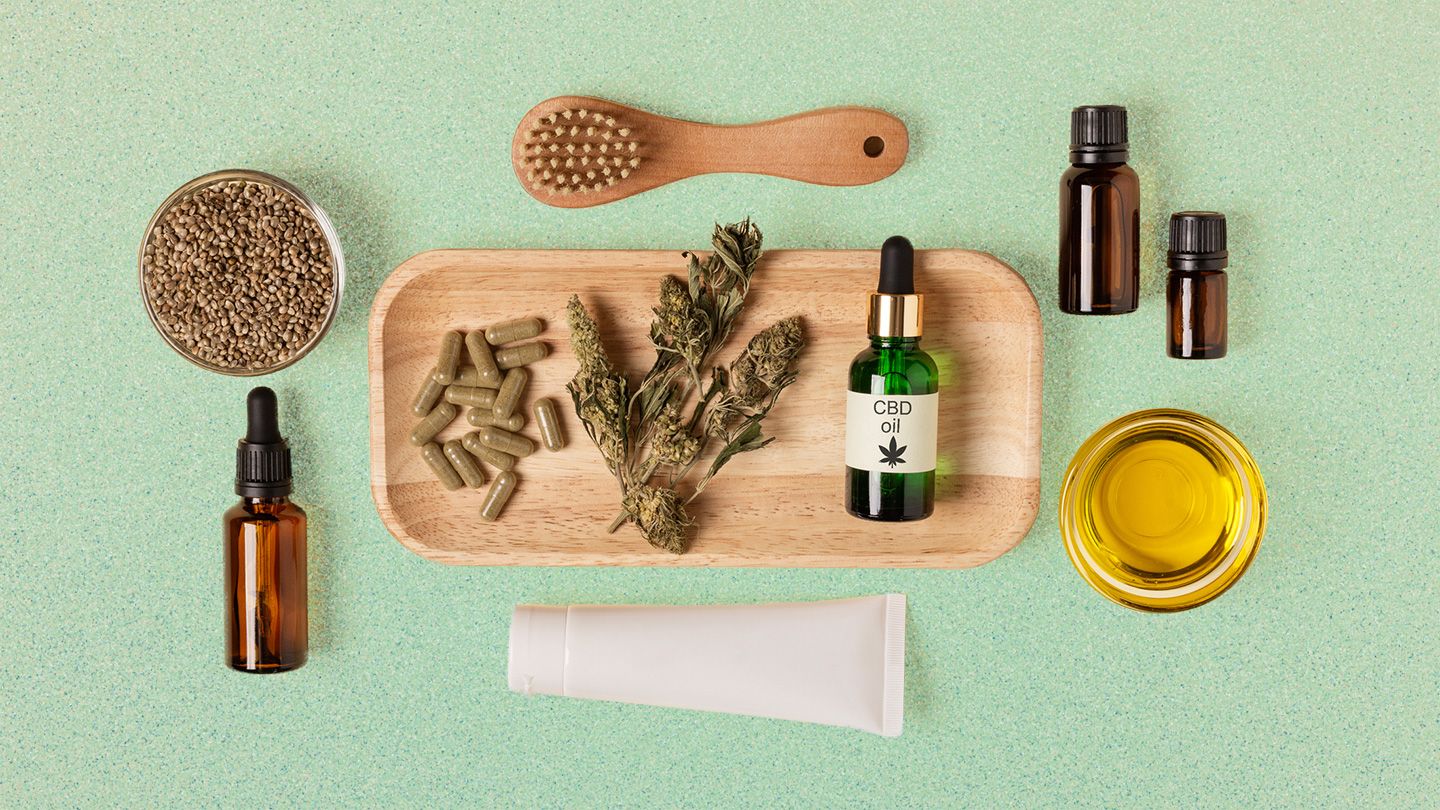
Cannabis products contain various dosages of cannabinoids to meet consumer lifestyles and needs. For instance, certain cannabis products have been shown to effectively relieve chronic pain by activating. The body’s endocannabinoid system to restore equilibrium and homeostasis.
ABX products are made with only premium ingredients and rigorously tested. Their commitment to sustainability and responsible farming practices includes using regenerative farming methods that contribute to maintaining a healthy soil ecosystem for significantly enhanced flavors.
THC
Tetrahydrocannabinol, is an active psychoactive compound found in cannabis that produces its primary psychoactive effect: feeling “high.” THC acts on specific receptors in the brain that control mood, awareness, thoughts and feelings to provide this sensation of “being high”.
Multiple randomized controlled trials suggest that oral cannabinoid drugs such as dronabinol and nabiximols, may be effective in alleviating anorexia nervosa and nausea associated with chemotherapy or HIV/AIDS treatment, although these studies remain small and could potentially suffer from bias.
Evidence surrounding the use of cannabis to relieve pain or spasticity associated with multiple sclerosis remains limited. Studies suggest that nabiximols and orally administered THC could be effective at decreasing patient-reported spasticity indices; however, their impact has yet to be demonstrated on clinician-measured spasticity indices; therefore further investigation needs to take place here. As of now 38 states and DC have laws permitting medical marijuana with high THC content while 10 others permit CBD products with reduced levels.
CBD Cannabis Products
CBD is one of the many chemical compounds present in cannabis sativa or hemp plants, and does not possess psychoactive effects. Though it may produce relaxing and pain relieving properties. Cannabinoids can be found in creams, oils, gummies and food products and used to treat anxiety and insomnia among other conditions.
Cannabinoids contains chemical properties similar to those produced naturally by our bodies, anandamide. CBD may bind with similar receptors as THC without producing the high sensation.

Prior to purchasing products containing CBD or cannabis-derived ingredients in your state, it is essential to do your homework. These products may not be regulated and could lead to legal complications. Consumers are encouraged to report any adverse events related to these products through FDA’s MedWatch reporting system. Either online, via phone or mail; FDA will continue monitoring reports received.
Hemp
Hemp is a variety of the cannabis sativa plant used for industrial and food product purposes, containing low amounts of delta-9 tetrahydrocannabinol (THC). The psychoactive compound responsible for making people high. Furthermore, hemp also contains significant quantities of cannabidiol (CBD), an non-psychoactive compound with medicinal benefits.
CBD is produced in the glandular trichomes of unpollinated female flowers and their surrounding leaves. Hemp is commonly planted using feminized seeds in order to avoid pollination and ensure higher production rates of CBD.
Seed oil and derivatives can be found in many products, from food and beverages to textiles and pharmaceuticals. Hemp seeds contain cannabinoid compounds like CBD and CBG which have therapeutic effects without inducing an “high.” Furthermore, hemp seed derivatives may be added to foods to add more nutritional value- for instance juices, smoothies, protein drinks salad dressings soups sauces dietary supplements as well as juices. Several FDA-approved CBD-containing medications exist, such as Epidiolex which acts against seizure attacks.
Synthetic cannabinoids
Synthetic drugs that attach to cannabinoid receptors in the brain to produce similar effects to cannabis are known as K2. Spice or legal highs and are available at convenience stores, gas stations, head shops, drug paraphernalia stores and online. As their chemical makeup can vary significantly – often not listed on packaging. There is the risk of overdose or adverse reactions being taken without knowing exactly what you’re ingesting.
Synthetic chemicals are most often seen used in smoking mixtures that combine plant material sprayed with synthetics with liquid inhalants. That can be-inhaled through electronic-cigarettes or other devices, or liquid forms to be inhaled via electronic cigarettes and similar devices. They differ significantly from state regulated marijuana. Which must go through an intensive drug approval process before going for sale on the market. Synthetics have also been linked to mass poisonings and serious illness. Certain synthetic chemicals (JWH-018, JWH-073, HU-210 and CP 47,497) are controlled across Denmark Germany Estonia France Ireland Luxembourg and Sweden among other places.
